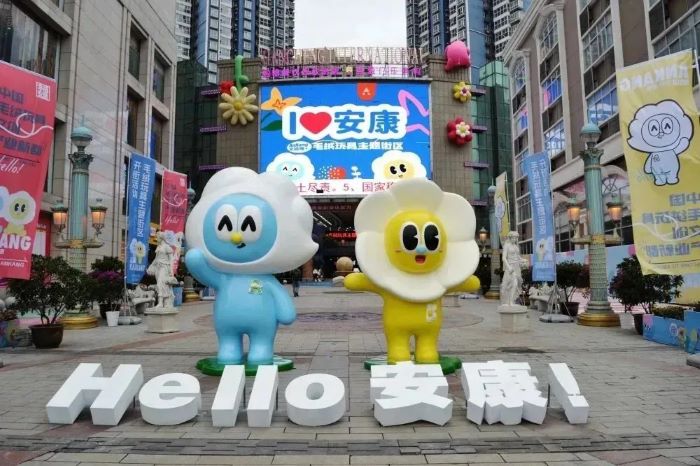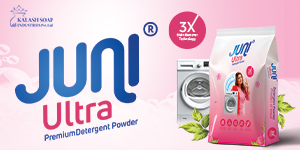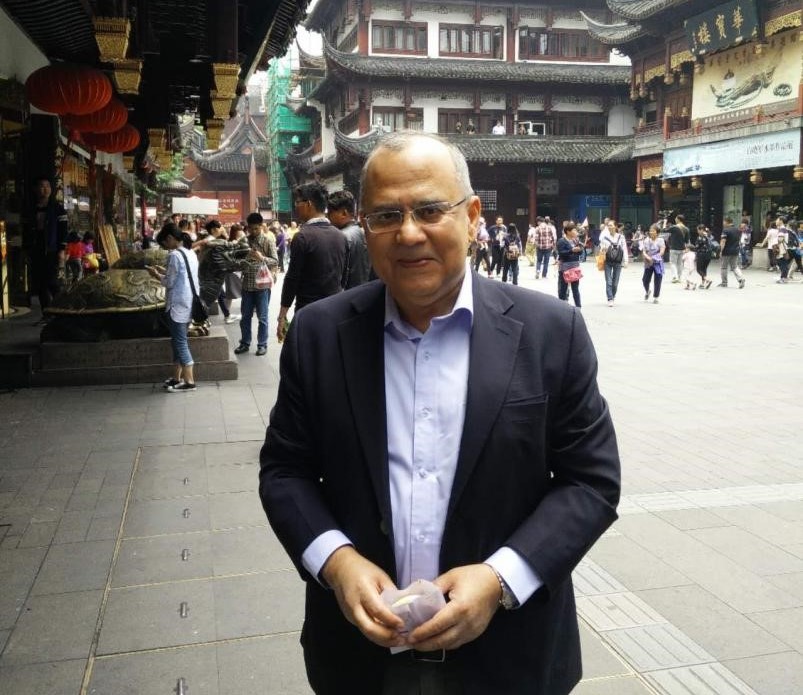Labubu and the rise of "funny-ugly" aesthetics in global youth culture

Agency : A small, quirky creature from China has quietly become a global phenomenon. With its jagged teeth, mismatched eyes, distorted body proportions, and mischievous personality, Labubu defies conventional beauty norms, yet has captivated young consumers worldwide. Some camp out overnight to purchase it; others pay steep premiums to add it to their collections. After a decade of relative obscurity, the character has surged into mainstream prominence, becoming a cultural and commercial juggernaut while igniting debate over the evolving aesthetics of a new generation.
Originally inspired by a Northern European forest elf, Labubu's unsettling yet strangely endearing appearance exemplifies what has come to be known as the "funny-ugly" aesthetic. At first glance, many find themselves asking, "What is this odd creature?" A second look often evokes a different reaction: "It's weirdly adorable."
The term " funny-ugly" - a blend of the charming and the offbeat - has gained traction online as a way to describe products that stray from traditional beauty standards but possess an inexplicable allure. Over the past few years, dolls, mascots, and novelty goods that once would have seemed too peculiar for mainstream taste have found enthusiastic audiences, especially among Gen Z consumers. Once niche, this aesthetic is fast becoming a cultural movement.
In 2022, a plush toy modeled after a bronze galloping horse from the Gansu Provincial Museum went viral in China for its awkwardly cocked head and carefree expression. The toy's appeal lay precisely in its imperfection. The following year, a garish green frog-shaped spoon with bulging eyes and a gaping mouth became an unexpected social media hit, spurring a wave of online sharing, comments, and purchases.
In 2025, among the many snake-themed mascots unveiled for the Year of the Snake, two stood out: Guangzhou's "Heart-Eyed Snake" and Kunming's "Baby Snake."
Online platforms have helped turn this aesthetic into a social phenomenon. The Taobao Ugly Stuff Contest, which invites users to share offbeat or intentionally unattractive designs, has completed four popular editions. On Xiaohongshu, a Chinese platform with combined features of Instagram and Pinterest, also known as RedNote abroad, hashtags like "Ugly Stuff" and "Ugly Stuff Contest" have racked up over 60 million views.
This trend is not unique to China. In the UK, Fuggler has built a fanbase around creepy-cute monster dolls - each featuring mismatched teeth and slightly grotesque expressions. In Japan, a keychain mascot called YUKIO - a slouching, emotionless humanoid figure with droopy eyes - has become a best-seller among young travelers. With more than 200 variations, YUKIO embodies the global appeal of the funny-ugly ethos.
Behind this trend lies a deeper cultural and psychological shift shaped by consumerism and social media dynamics. The embrace of funny-ugly reflects not just changing aesthetic sensibilities, but also evolving attitudes toward identity, self-expression, and emotional release in a high-pressure, hyper-connected world.
For many young people, funny-ugly products are more than collectibles but emotional companions, stress relievers, and conversation starters. Their appeal is magnified by social media, where trends are amplified in real time and communities form around shared, often quirky tastes.
Some critics question whether this embrace of the bizarre signals a retreat from beauty or a drift into "anti-aesthetics." But such judgments may overlook a fundamental point: aesthetic standards are neither fixed nor universal. In German, the word for aesthetics - Ästhetik - derives from the concept of perception itself. Today's youth are not rejecting beauty but expanding its definition.
What makes the funny-ugly aesthetic resonate so strongly with Gen Z is its spirit of rebellion and individuality. It challenges the notion that beauty must conform to symmetry, polish, or tradition. Instead, it embraces pluralism, imperfection, and play - qualities that mirror the values of a generation intent on self-definition.
Pop Mart, the Chinese toy company behind Labubu, has tapped into this cultural current with precision. Blending distinctive design with savvy marketing, the company has turned Labubu into a symbol of new-age aesthetics. In 2023, China's designer toy market surpassed 50 billion yuan ($6.96 billion), with funny-ugly products claiming an ever-growing share.
As cultural tastes continue to diversify, the future of funny-ugly is likely to evolve. Whether Labubu will remain a lasting icon or be overtaken by the next strange-yet-endearing sensation depends on a simple truth: understanding the emotional and cultural language of youth.
-By Zheng Na















प्रतिकृया दिनुहोस